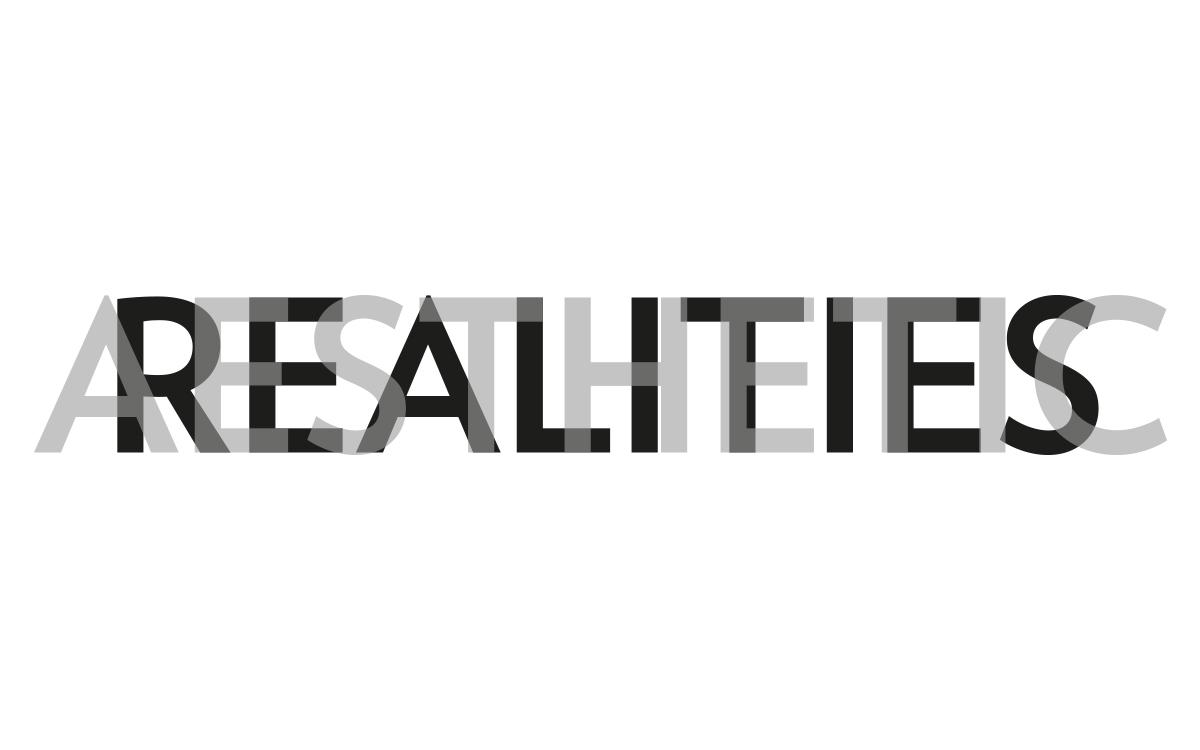In the same way, Michel Foucault, or more recently Giorgio Agamben developed wide reflections about the dispositif – as structure of power – which manipulate choices, not by probing the essence of the choice itself, but through codes inherent of our social experiences. It is therefore a question of form and not about content.
–
What is the reality around us? A structure, a neutral entity modulating in a random way, are we part of it?
A sociological premise would be to lay two basic elements – if we take the example of a house, in which people are living – the relationships between individuals would be called “social relationships”, while the house around them would be called “the societal structure”. How then can a house influence exchanges, discussions between several people? In a privileged, neo-liberal context, this question seems to remain uninteresting, even laughable, as our context – in this regard – is terribly neutral and is purported to have no influence on our own lives, which we consider to be completely in line with our own choice taken by a free conscience. However, this freedom to judge, to choose, is therefore… obvious?
No, looking at the social movements that appear over the last few years – 2019 Hong Kong protests / FridaysForFuture / the Anonymous / … – because they echo as calls to shake a structure, a dispositif named as stable, current and has always been. Therefore, there seems to appear an ambiguity… Either, a structure can be the genesis of a way of life, but yet is it the ontology of a life itself? If we stipulate that the way of life and life itself are different concepts, those citizen claims intend to deconstruct a model and not a substance. In the same way, Michel Foucault, or more recently Giorgio Agamben developed wide reflections about the dispositif – as structure of power – which manipulate choices, not by probing the essence of the choice itself, but through codes inherent of our social experiences. It is therefore a question of form and not about content. Thus, it is by codes (of life, consumption, rights, obligations, way of using Internet, choices,…) embodied by globalizing devices that the trickery appears – the aestheticization of our life become its nature, its essence itself… By owing an aesthetic value, our life worth in image, in money, in publications, in « likes », in family, be in a relationship, in work,… and more it worths, more it seems we feel comfortable in society, in this dispositif which financialized our manner of living.
Thus, whether in our physical and/or virtual reality, it becomes essential to question the capitalization of our behavior – because that is what we are talking about… the value of our choices often disguised by societal reinforcements and algorithms (which reproduce an already existing substance). We – as actors, but also as collaborators of this societal imagery, do we want to be or to appear? In this economy based on a neoliberalism idea, where each newness has only a value in its ephemeral nature, where do we stand? An additional or a lesser value in a social and societal aesthetic, where the power is only an image of ourself… or something else that strangely echoing to a creation of ourself, a real conscious choice?
… Be the form or be the content, the substance?
Original Researches by Carla Streckwall and Lisa Marie Patzer
Text and research-development by Valérie Félix
–
References:
- BROWN, Wendy (2016). « In the Account of Neoliberalism », Michel Foucault, [On line], the 8th February 2017, https://michel-foucault.com/2017/02/08/in-the-account-of-neoliberalism-2016/. Consulted on 15 October 2019.
- FROST, Tom (2019). « The dispositif between Foucault and Agamben », Law, Culture and the Humanities, 15 (1), pp. 151-171, [On line], http://sro.sussex.ac.uk/id/eprint/52230/1/The_Dispositif_Between_Foucault_and_Agamben.pdf. Consulted on 15 October 2019.
- MANOVICH, Lev (2018). AI Aesthetics, Moscow: Strelka Press
- FridaysForFuture – https://www.fridaysforfuture.org. Consulted on 15 October 2019.
- 2019 Hong Kong protests
